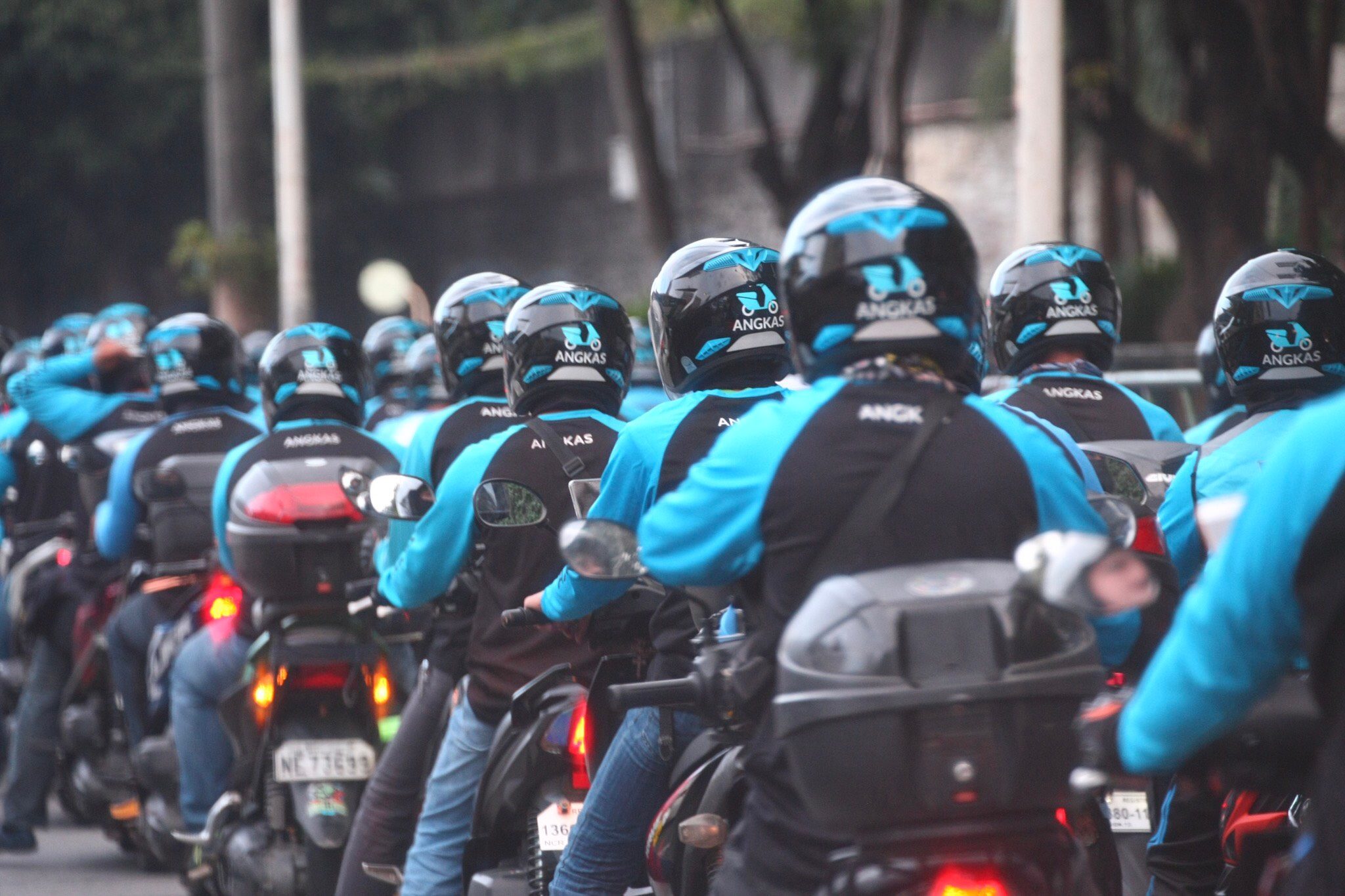SUMMARY
This is AI generated summarization, which may have errors. For context, always refer to the full article.

MANILA, Philippines – The inter-agency technical working group (TWG) that monitors the motorcycle taxi pilot run released a revised set of guidelines for the continuing operations of motorcycle ride-hailing firms Angkas, JoyRide, and Move It.
In comparison to the first set of guidelines for the Angkas pilot run released in May, the new rules contained notable changes and additional stipulations.
Access to data: The TWG or a designated information technology expert will have access to each provider’s database for validation and verification.
Apart from this, all riders will have to register with the LTFRB to form a database of participating riders. The providers will submit a list of riders registered in their platform.
The providers must also submit data on any modifications or updates to their mobile application on a monthly basis.
TWG members: The members of the technical working group have now been specified. These include members from the Land Transportation Franchising and Regulatory Board (LTFRB), the Land Transportation Office, the Inter-Agency Council on Traffic, and the legal office of the Department of Transportation (DOTr).
Representatives from Congress, commuter groups, and biker/rider groups have been delegated as observers.
Earlier, commuter groups and safety road advocates who claimed to be part of the original TWG said they were not consulted in the decision on the extension of the pilot run and accommodation of new players.
Riders: Instead of a vest-based strap, riders must now wear a belt-based strap with at least 4 handles that can be held on to by the passenger for stability.
Moreover, riders will be registered under one ride hailing platform only.
Fare matrix: The indication for dynamic pricing (1.5x surge cap) has been removed.
Motorcycle specifications: Motorcycle requirements have been changed from 100-200 cubic centimeter (cc) conventional engine displacement to 100-150 cc.
Blacklisting: Ride-hailing platforms found operating outside the pilot run will be blacklisted from applying and operating should motorcycle taxis be legalized.
Registration fees: According to the new rules, the LTFRB will be providing guidelines for the collection of registration fees from participating providers and riders. The amount and payment process has not yet been stipulated.
Period of pilot implementation: The pilot run may be extended for another 3 months upon recommendation by the TWG.
If motorcycle taxis get legalized in the course of the pilot run, the TWG and the pilot implementation will expire.
Read the full guidelines here:
– Rappler.com
Add a comment
How does this make you feel?
There are no comments yet. Add your comment to start the conversation.